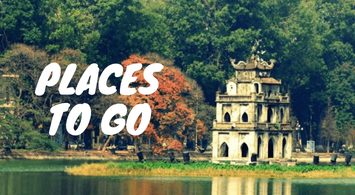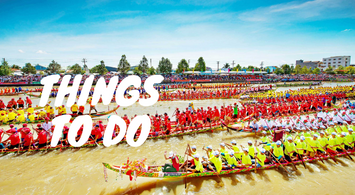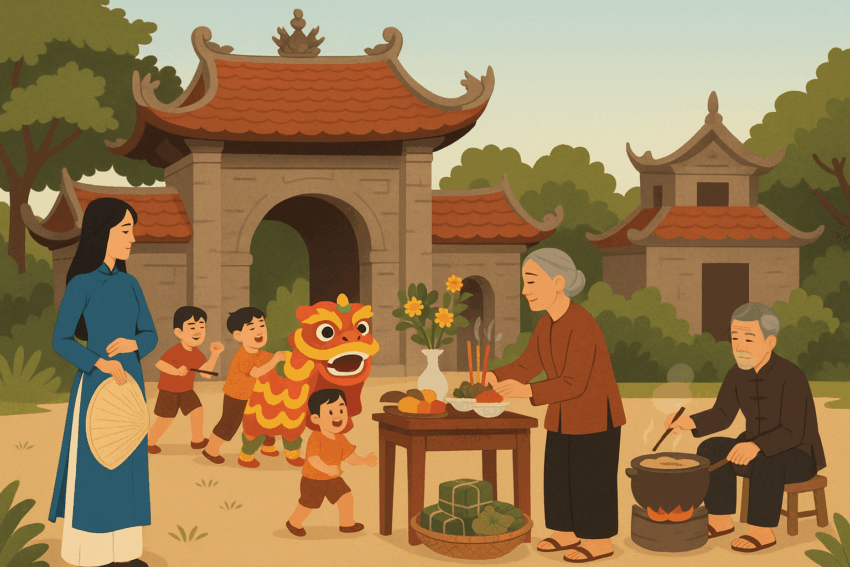Vietnamese culture is a vibrant tapestry woven from thousands of years of history, influenced by indigenous traditions and external contacts with neighboring cultures such as China, India, and France. Despite modernization, Vietnam retains many traditional values and practices that define its unique cultural identity. Below are some of the most distinctive features of Vietnamese culture.
1. Deep Respect for Family and Ancestors
One of the cornerstones of Vietnamese culture is filial piety and ancestor worship. Families often have altars dedicated to deceased loved ones, offering food, incense, and prayers, especially during important occasions like the Lunar New Year (Tết). Multi-generational households are common, and respect for elders is deeply rooted in everyday life.
2. Rich Festive Traditions
Vietnam is home to a variety of traditional festivals, with Tết Nguyên Đán (Lunar New Year) being the most significant. Other important celebrations include the Mid-Autumn Festival, Hung Kings’ Temple Festival, and Vu Lan (Ghost Festival). These festivals are often marked by colorful decorations, folk games, lion dances, and offerings.
3. Unique Cuisine with Harmonized Flavors
Vietnamese cuisine is known for its balance of five flavors: sweet, sour, salty, bitter, and umami. Popular dishes like Phở, Bánh mì, and Bún chả reflect the country’s culinary diversity. Ingredients such as herbs, rice, fish sauce, and fresh vegetables are used abundantly, and meals are often shared communally.
4. Traditional Attire and Aesthetics
The Áo dài, Vietnam’s national costume, embodies grace and modesty. It is commonly worn during festivals, weddings, and national celebrations. Vietnamese aesthetics also reflect harmony with nature, as seen in traditional architecture, calligraphy, and landscaping, particularly in ancient cities like Huế and Hội An.
5. Strong Village Community Spirit
The concept of “làng” (village) plays a vital role in Vietnamese identity. Villages often have communal houses and temples, where rituals and meetings take place. The tight-knit nature of rural communities fosters cooperation and a shared sense of responsibility.
6. Cultural Syncretism
Vietnamese culture is a blend of Confucianism, Taoism, and Buddhism, often referred to as the “Three Teachings” (Tam giáo). These philosophies influence moral conduct, education, and spiritual practices. French colonial influence is also evident in architecture, coffee culture, and the legal system.
Conclusion
Vietnamese culture is a harmonious blend of tradition and adaptability. While facing rapid economic and social changes, the people of Vietnam continue to preserve their cultural heritage through language, customs, food, and spirituality. Understanding these cultural traits not only deepens appreciation for Vietnam but also highlights the resilience and richness of its people.




